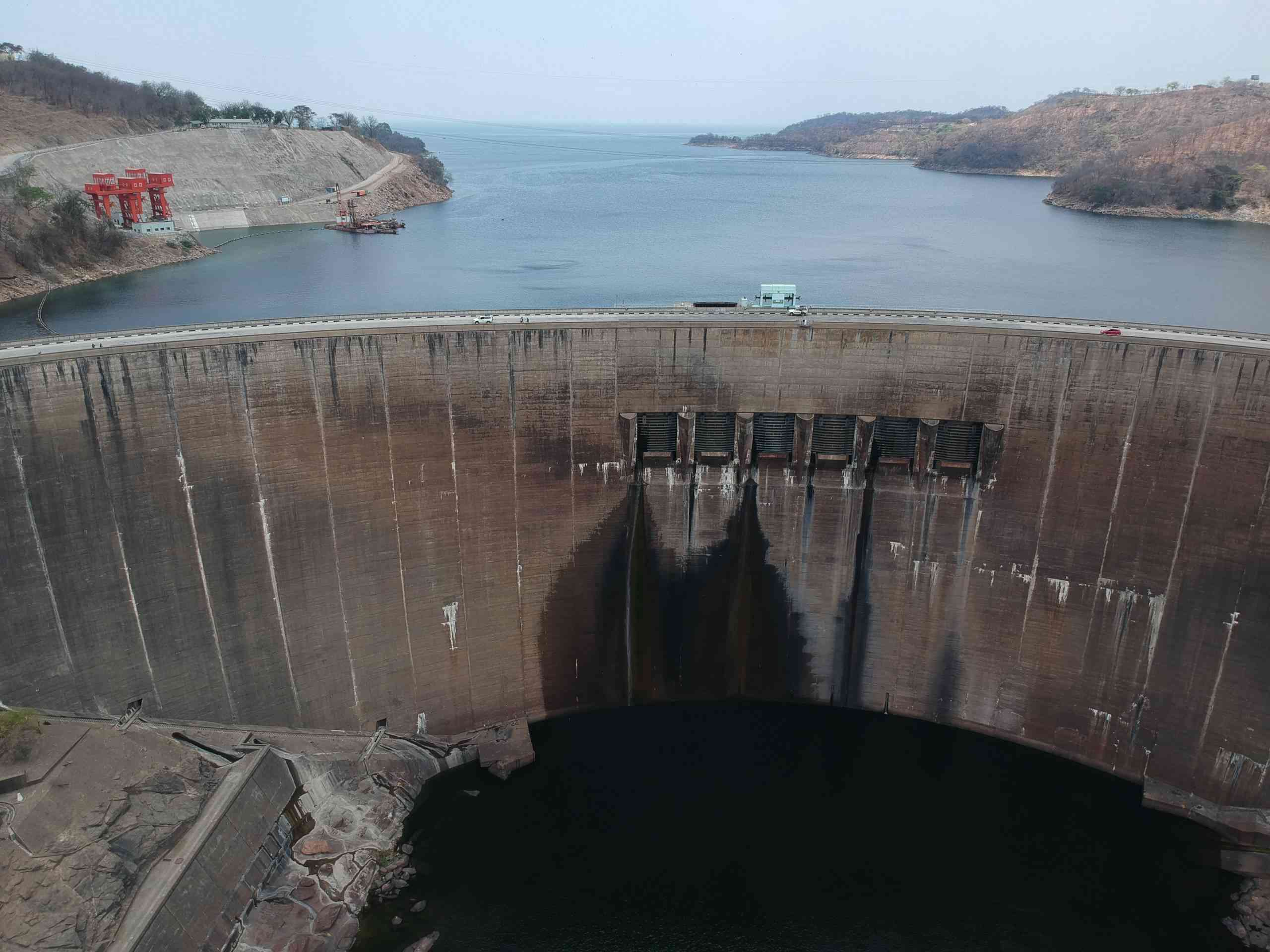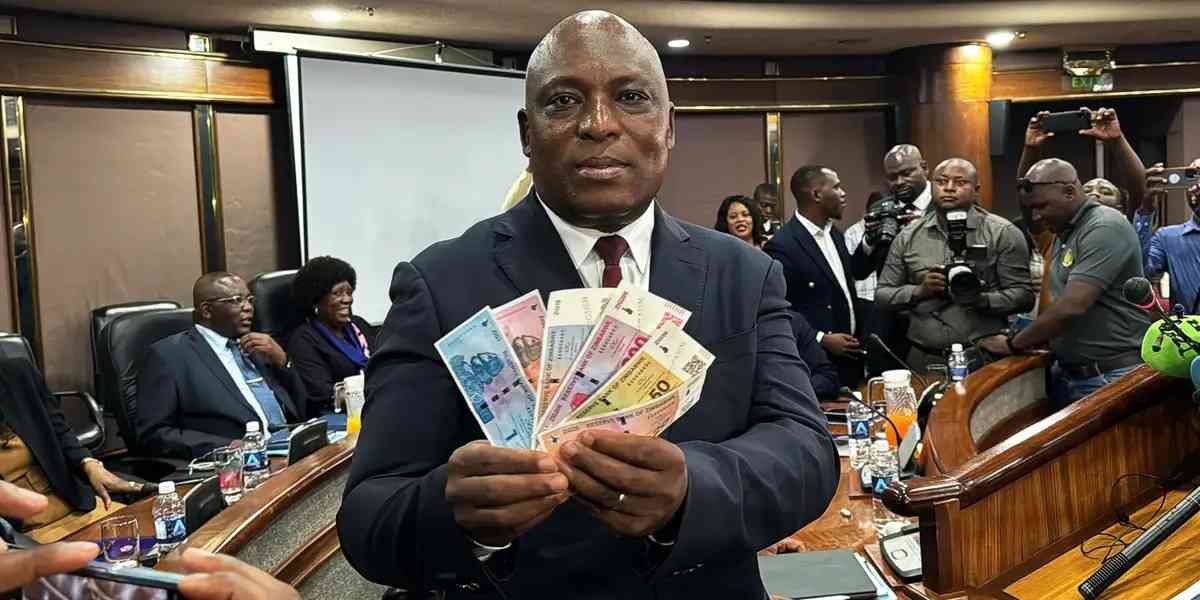
ZIMBABWE’S miners want to be allowed to use their gold output as security for foreign credit, saying increased country risk and central bank’s foreign currency regime has stalled expansion projects. The government has targeted mining as its main route out of the deepening economic crisis, but a new petition sent to government by miners shows how the country’s own policies — from forex laws to taxation — are hurting the industry’s prospects for growth. The Chamber of Mines, which represents large-scale miners, says they are finding it harder to raise money for expansion in Zimbabwe. “Mining companies are struggling to raise capital due to increased country risk. This has seen most expansion mining projects put on hold as most financiers are demanding offshore collection accounts as guarantor for capital. In the case of gold, investors are also insisting on gold output as security for capital, in line with global practice,” the Chamber said in the report, prepared for government earlier this month. The miners want government to allow mining companies to hold offshore collection accounts guarantor of capital and to let gold producers use their gold as security in raising funding for investment. Reserve Bank of Zimbabwe (RBZ)’s foreign currency retention system allows miners to retain 70% of their forex earnings. According to the Chamber, this is not enough for miners to pay for raw materials. “Foreign exchange retentions for the mining sector are inadequate to meet regular operational requirements including importation of critical raw material supplies. The situation has been exacerbated by requirement to pay for electricity bills, royalty and other taxes in foreign currency which have significantly reduced the effective retention from around 50% to around 30%,” says the Chamber. The miners want to be allowed to keep at least 80% of their export earnings. They also want the option to pay for local expenses such as electricity and taxes in Zimbabwe dollars. Unused forex: miners want more time Under RBZ laws, exporters are required to liquidate any unused forex received in their accounts within 30 days. For miners, this is out of sync with a mine’s production cycle. The working capital cycle for mining companies averages between 60 and 90 days. This means a mining company needs excess balances in its nostro accounts beyond the 30 days. “Also to note, some mining companies that experienced production disruptions during the COVID-19 era may have seen increase in excess balances in their nostro accounts. These balances remain strategic as decoupling cash reserves to augment working capital requirements to meet expansion in capacity utilisation in line with improvement in the COVID-19 situation,” say the mines. The Chamber wants the time limit extended in line with miners’ production cycles. “While we appreciate that the reintroduced auction system may see some mining companies voluntarily offloading their excess balances, we appeal to the Government to guarantee minimum working capital cycle for sustenance and expansion projects. ” – newZWire











